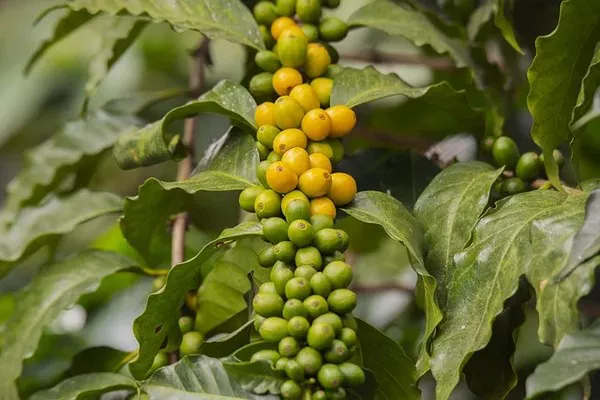GUANGZHOU — The competitive landscape of China’s coffeehouse market is experiencing significant downward pressure on prices. Cotti Coffee has set a new benchmark, selling most of its beverages for under 10 yuan (approximately $1.40) per cup, compelling industry leader Luckin Coffee to strategize a robust counteraction.
“Enjoy delicious coffee for just 9.9 yuan,” read a promotional sign at a Cotti Coffee outlet in a bustling business district in Guangzhou in late May. Since 2023, Cotti has been offering various products at this price point for limited periods.
The latest promotional campaign, running from late February to the end of May, offers an enticing 8.8 yuan coupon for select drinks available on social media. When asked about future plans, a Cotti barista mentioned that the head office had yet to announce June’s promotions but hinted that prices could drop even further.
Cotti Coffee’s aggressive pricing strategy directly challenges Luckin Coffee, which has long dominated the Chinese market with most of its beverages priced around 10 yuan. This pricing war also positions Cotti as a more affordable alternative to Starbucks, where a cup typically costs around 30 yuan. By aligning its prices with those of convenience store coffee, Cotti has captured the attention of cost-conscious consumers.
Starbucks, facing its first revenue decline in 13 quarters, reported an 11% year-on-year drop in same-store sales in China for the January-March quarter. “Our performance this quarter was disappointing and did not meet our expectations,” CEO Laxman Narasimhan stated during an earnings call.
Luckin Coffee, despite operating approximately 18,600 stores, reported lackluster results. Although it saw revenue growth with the opening of around 2,300 new locations, same-store sales at its directly managed stores fell by 20%. CEO Guo Jinyi attributed the decline to heightened competition and broader economic shifts.
Cotti Coffee, founded by former members of Luckin’s original team, has rapidly expanded since 2022, nearly matching Starbucks in the number of Chinese locations. This rapid expansion is fueled by a low-investment franchising model.
According to China Merchants Securities, about 70% of Cotti’s outlets are small, less than 40 square meters, requiring an initial investment of approximately 240,000 yuan. Overall startup costs, including various fees, are reportedly lower than those of its competitors, and the franchisees benefit from lower royalty rates.
To maintain its cost-effective operations, Cotti has invested heavily in large-scale facilities, including a significant roasting plant. These investments have driven down production costs to between 7 and 8 yuan per cup, a Cotti official disclosed at an industry conference in mid-May.
Starbucks continues to be a favored brand in China, appealing to consumers who enjoy both premium and budget-friendly coffee options. However, among affordable coffee chains, Luckin is deeply entrenched in a price war with Cotti, offering weekly 9.9 yuan coffee coupons in an effort to retain its market share.

